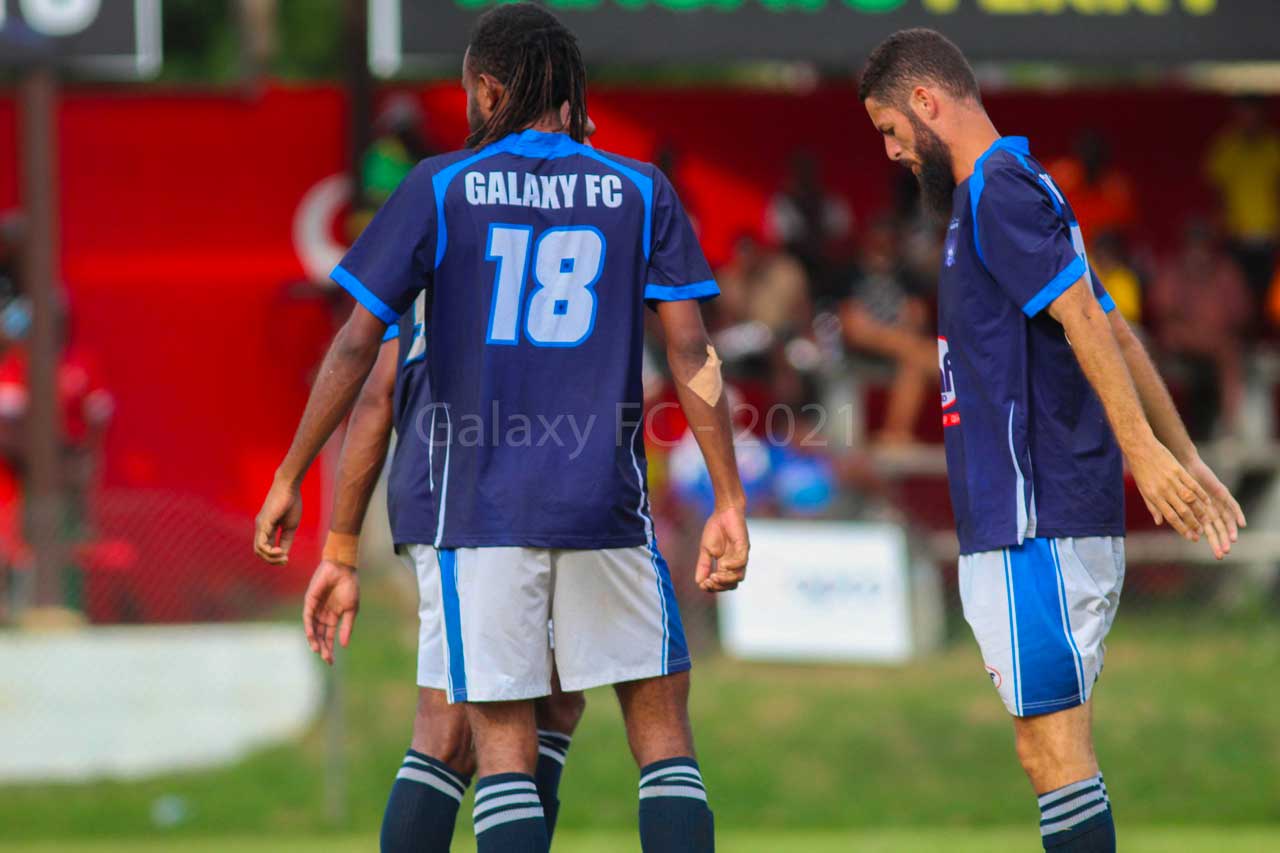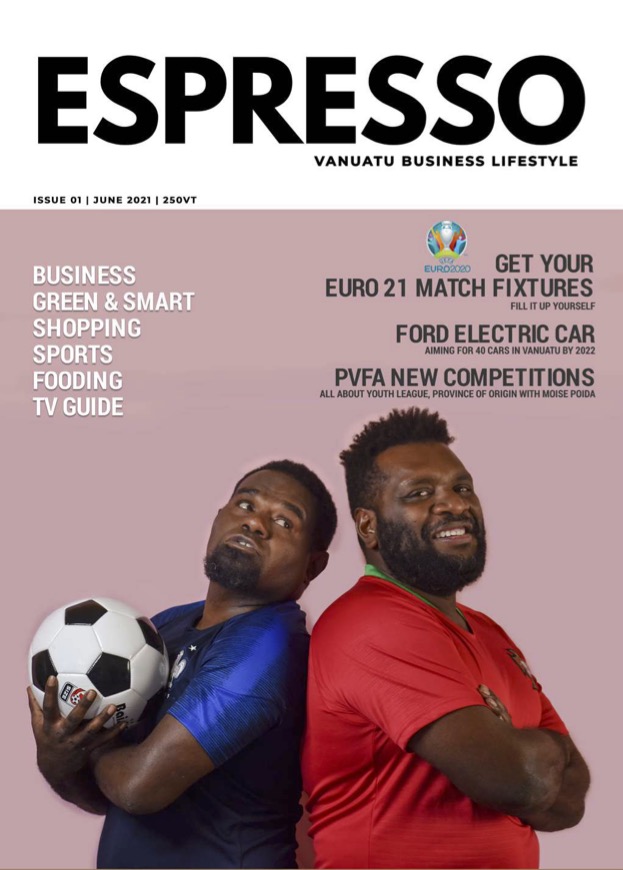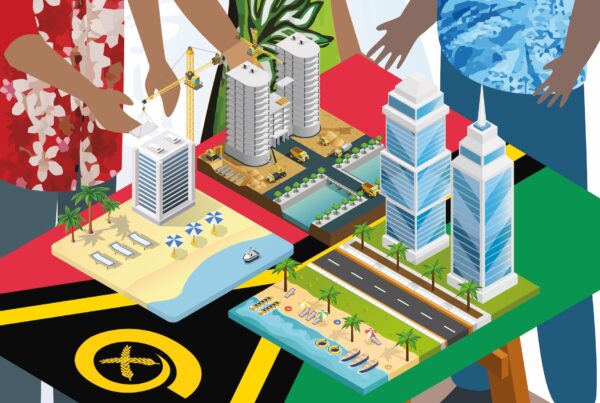Port Vila’s Galaxy FC is a microcosm of Vanuatu’s broader hopes, says Milroy Cainton, the club’s ex-CEO. The dazzling rise of the club demonstrates how Vanuatu’s youth can reach their full potential if high-skilled workers from abroad invite them to dream big.
Every year thousands of Ni-Vanuatu are employed as seasonal workers in Australia and New Zealand, typically as unskilled labour in the agricultural sector. They support many more thousands of people – mostly family members – in Vanuatu and contribute to the country’s economy. But Vanuatu may begin exporting workers in a very different league: professional football players.
“We already have players regularly going to Australia and New Zealand, and we had three going for trials in European clubs, the latest being Bong Kalo in Spain in 2017. But it would be great to see more”, says Cainton, citing China, India and Thailand as additional potential foreign markets for local footballing talent.
Such optimism bodes well for Vanuatu’s football industry considering it comes from one of the architects of Galaxy FC’s success. Established in 2014, the club swept through the national football leagues, winning the Second Division, First Division and Premier League. Galaxy FC is now the top club in the nation.
Success came from attracting the best players from other clubs with steady salaries and individual bonuses. The club also encourages the players to participate in social events and to broadcast their stories with support from a professional media team.
But high salaries and nationwide fame are not the only incentives. The team received an important boost from the addition of two high-skilled foreign players: Diego Máximo and Roberson Felipe dos Santos Ribeiro. Two Brazilians that have been affectionally named “Diego” and “Roberson”, they play in Galaxy FC’s first 11 and provide healthy inspiration to domestic players.
“Being a good player takes more than just physical talent; it’s also about discipline and playing as part of a team. You can be very fit and skilful – but if you show bad behaviour, you will fail,” says Cainton. “When Vanuatu players look at international pros like Diego and Roberson, they can witness first-hand the rewards of true discipline. They can also start thinking about their own global opportunities.”
Football today, tech tomorrow
The story of Galaxy FC could inspire not only other football clubs, but also organisations operating in different sectors, believes Cainton. “Other export industries can develop in Vanuatu the same way: by teaming up high-skilled foreign workers with promising young Ni-Van,” he says.
Martin St-Hilaire, chairman of the Vanuatu Financial Centre Association, shares this opinion. He also advocates for importing more skilled workers with a tertiary education to address shortages in certain segments in the job market. Both men sit on the revenue committee of the Ministry of Finance, which is tasked with finding new paths for development.
“If we apply the same recipe to service industries like finance, software or healthcare – to name a few – then Vanuatu will one day be able to export high-value workers instead of field labourers”, says St-Hilaire. “And thanks to the global trend towards remote work, most won’t even have to go far away from their families to earn a good wage.”
According to St-Hilaire, foreign high-skilled workers are “the new FDI” in the sense that they also generate returns in the local economy.
“If you look at Diego and Roberson, they’re already generating a lot of dividends in the form of young Ni-Vanuatu now aiming higher. Imagine what could happen if we invited more coders from Silicon Valley, which is to software development what Brazil is to football? Just like in sport, excellence is not just about personal talent; it’s about having a lead to follow and putting in the effort.”






